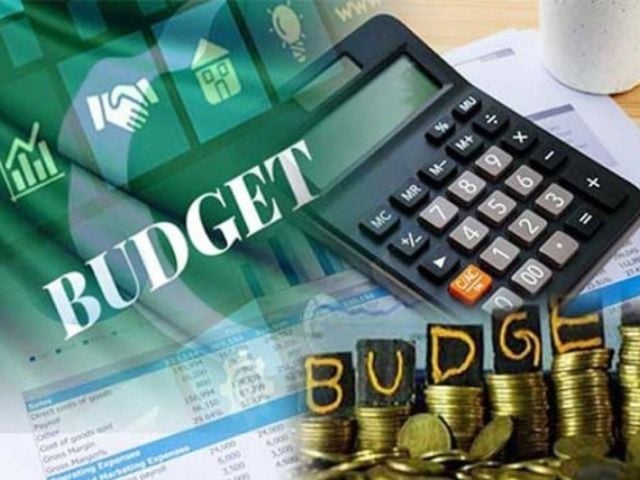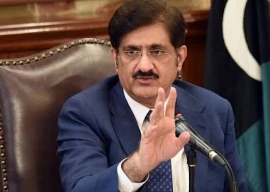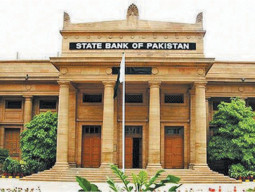
The Federal Board of Revenue (FBR) has initiated consultations with key stakeholders to finalise proposals for the 2025–26 federal budget, focusing on phasing out tax exemptions, increasing revenue generation, and streamlining tax laws.
In official communication to business associations such as the Federation of Pakistan Chambers of Commerce and Industry (FPCCI), the American Business Council, the Pakistan Business Council, and other chambers, FBR has requested suggestions for reforms in income tax, sales tax, and customs, Express News reported.
These proposals, due by 31 January 2025, will shape the forthcoming Finance Bill.
The FBR’s priorities include:
- Phasing Out Tax Exemptions: A gradual removal of tax exemptions in all laws to reduce revenue leakage.
- Expanding the Tax Net: Strategies to bring new taxpayers into the system while addressing gaps in compliance.
- Supporting Domestic Industry: Proposals to protect local manufacturers through tariff adjustments and duty reductions on raw materials.
- Tax Policy Equity: Measures to ensure progressive taxation and reduce inequalities in tax treatment across sectors.
Additionally, FBR has sought recommendations to improve ease of doing business, address tax anomalies, and enhance transparency. Stakeholders have been instructed to submit proposals in Word or Excel formats, including estimates of potential revenue impacts and detailed rationales for each suggestion.
"To improve tax-to-GDP ratio, we need a pragmatic approach with actionable recommendations," said an FBR official. "Stakeholders’ input will be instrumental in drafting a balanced and inclusive budget."
FBR also urged field formations and business communities to identify measures to simplify compliance, promote equity in taxation, and eliminate tax exemptions that hinder economic efficiency. The department emphasised the importance of adhering to the deadline to ensure comprehensive review and integration of proposals.
The initiative reflects the government’s commitment to sustainable economic policies that prioritise growth and fiscal responsibility. The final budget draft will include these consultations, aiming to increase revenue, foster business-friendly environments, and boost confidence among taxpayers.
Pakistan to honour IMF commitments, but excessive taxes unsustainable: PM
Prime Minister Shehbaz Sharif has stated that Pakistan will honour its commitments to the International Monetary Fund (IMF) but emphasised that excessive taxation cannot sustain the country's economy.
Speaking at the Pakistan Stock Exchange in Karachi on Wednesday, the prime minister reiterated plans for self-reliance.
PM Shehbaz remarked that while IMF agreements are currently necessary, Pakistan will part ways with the institution "when the time is right."
Highlighting Karachi’s significance, he noted its resurgence as a financial and export hub, crediting collective government efforts for the city's brighter outlook.
“Karachi’s lights had dimmed in the past, but today, it is shining once again,” PM Shehbaz said, adding that the city remains the centre of Pakistan's trade and finance. He underscored the importance of harnessing stock market momentum for economic growth.
The premier expressed optimism about future initiatives, including the "Uraan Pakistan" programme aimed at propelling the nation’s economy upward. He described recent successes as a result of teamwork but stressed the need for continued growth-focused reforms.
Earlier, PM Shehbaz was welcomed at the Pakistan Air Force Base Faisal by Sindh Governor Kamran Tessori and Chief Minister Murad Ali Shah. He was accompanied by Finance Minister Ishaq Dar, Information Minister Attaullah Tarar, and other officials.
The prime minister is also set to visit KPT and Aga Khan University later in the day and hold meetings with business leaders.

























COMMENTS
Comments are moderated and generally will be posted if they are on-topic and not abusive.
For more information, please see our Comments FAQ